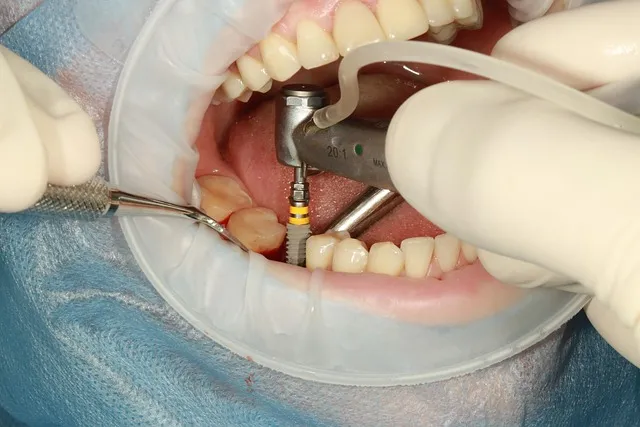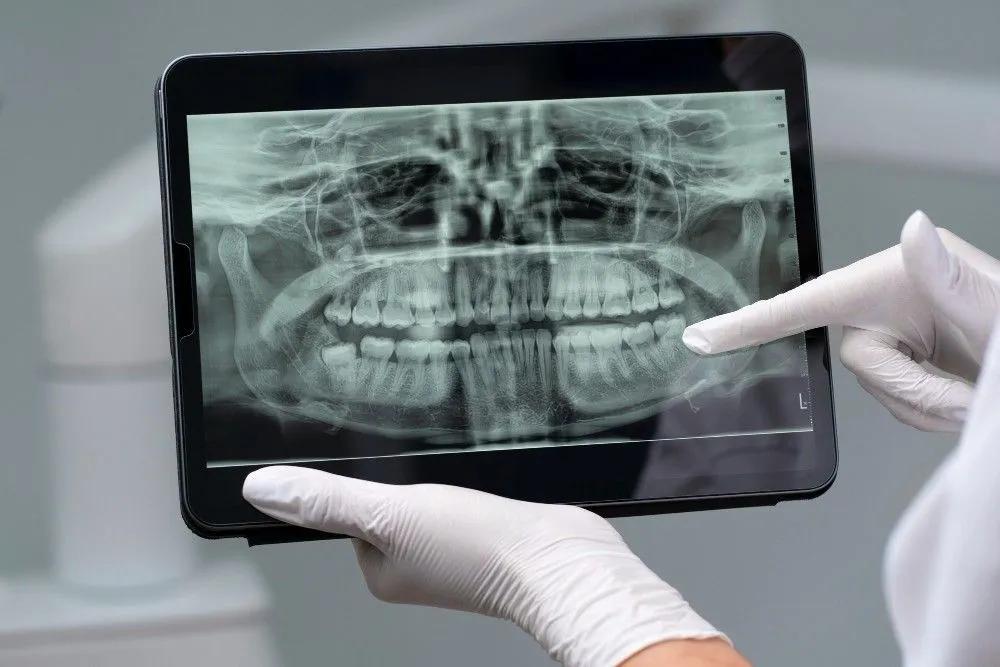Have you ever wondered what that tingling sensation accompanied by pain after a strenuous workout or even a stretch felt the next day after working out is? Some people are not big fans of exercising, so they must have thought about it after shifting boxes, furniture, or a hike. These are muscle soreness and can be observed several times in our lives. Muscle soreness is the body's way of suggesting that this muscle has been torn a little while working out, and now it needs to be replenished, but do you know how to relieve this soreness? No need to worry because we have got you covered here in this blog. We have mentioned some tips to answer your question about "how to relieve sore muscles after workout." Let's have a look.
Why do muscles become sore?
Muscle soreness softens after a workout and can cause damage to the muscle tissues. When this damage or micro-tearing can happen, your body can initiate the repairing process by triggering inflammation at the injured site. Fluid retention in the muscles can put too much pressure on the damaged area and lead to the familiar sensation of tightness in that area. There can be pain associated with soreness that can be present for 12 to 24 hours.
How To Relieve Sore Muscles After Workout?
There are no instant solutions for sore muscle after workout, as they need tie to heal, but here are some strategies you can opt for to ease muscle soreness and aid recovery.
1. Hydrate
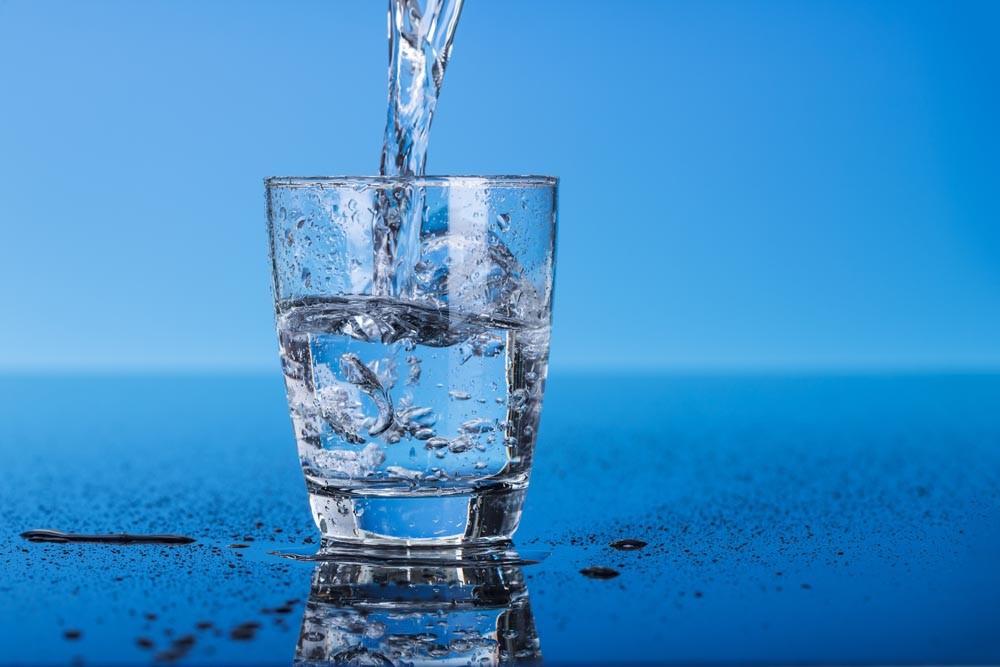
You must hydrate. It is essential to keep yourself hydrated for the body and the muscles and their recovery, as it can impact the aspects of your muscle recovery. Water keeps the fluids moving in the system and can help flush toxins out of the body and deliver nutrients to your muscles.
Problem: Knowing the ideal balance between hydration and overhydration is the trick. So one can observe their urine's color to see if they are dehydrated or over-hydrated.
Tip- completely white urine color can result from over-hydration, whereas dark yellow can be due to hydration. The solution is to keep a water bottle at hand to relieve dehydration. Also, note that vitamin supplements can change urine color.
Also Read: Health Benefits of Drinking Water
2. Foam roller -
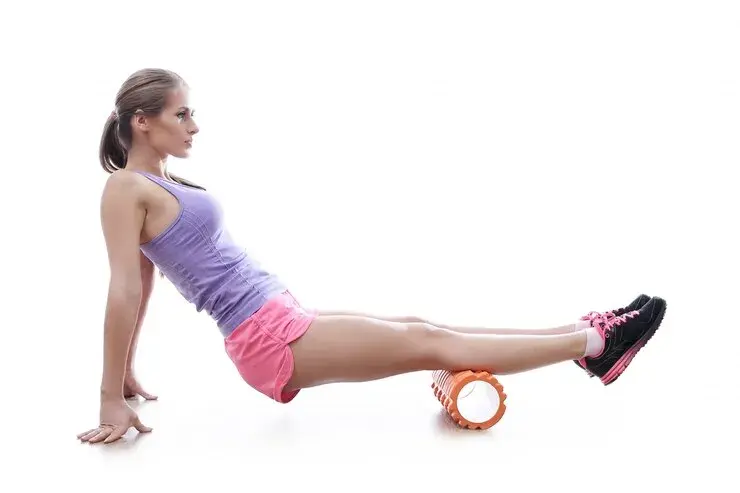
A foam roller can release tension in the muscles and connective tissues. You can also use lacrosse balls, massage sticks, and other tools besides a foam roller. These can help move the fluids that can accumulate in the muscles after exercise and can be the cause of soreness.
Benefits: A rolling foam can be a helpful range of motion and reduce soreness as they provide massage and can increase the circulation to deliver more nutrients and oxygen to the affected area, which can help reduce swelling and tenderness.
How to use - If you want to try this, look for a foam roller with a softer version that can help apply less pressure than the harder ones like a lacrosse ball, and they can be best to harden the smooth patches on the glutes, lats, and calves.
Also Read: 3 Best Supplements And Nutrients For Building Muscle
3. Sleep or rest-
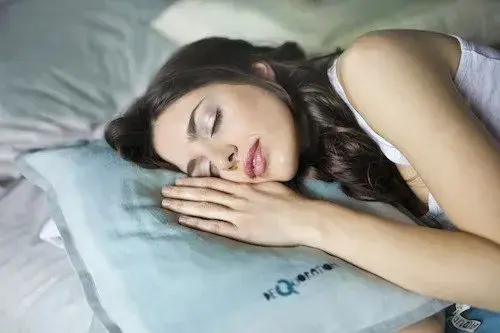
Sleeping is crucial and can be the most critical component of exercise and recovery. It can answer the famous question of "how to relieve sore muscles after workout."
How much to sleep - If you have muscle soreness, it will be best to get at least 7 hours of sleep to eliminate the muscle soreness. It will also be best to rest whenever you have time because sleeping and resting help eliminate the exhaustion caused by the workouts. It can help with soreness and fluid retention.
Also Read: How a Good Night's Sleep Can Improve Your Daily Productivity
4. Eat enough protein-
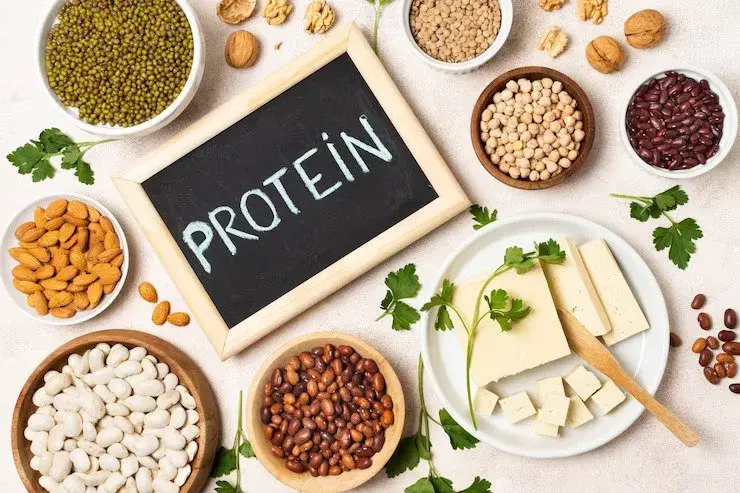
Your muscles require protein to recover from the strenuous workout. Protein can help repair and grow back stronger. These can be best for speeding up recovery and dealing with muscle soreness.
How much protein to consume - Feeding the muscles and the nutrients can help you recover, repair, and grow back more robust. They will speed up the recovery, so include 20 to 40 grams of protein in your diet with every meal.
Benefits of protein- Protein consists of amino acids needed for muscle recovery. They can also help start the role of replenishing the fuel sources of the muscles that are caused due to soreness.
Also Read: How can protein help you lose weight?
5. Apply heat-
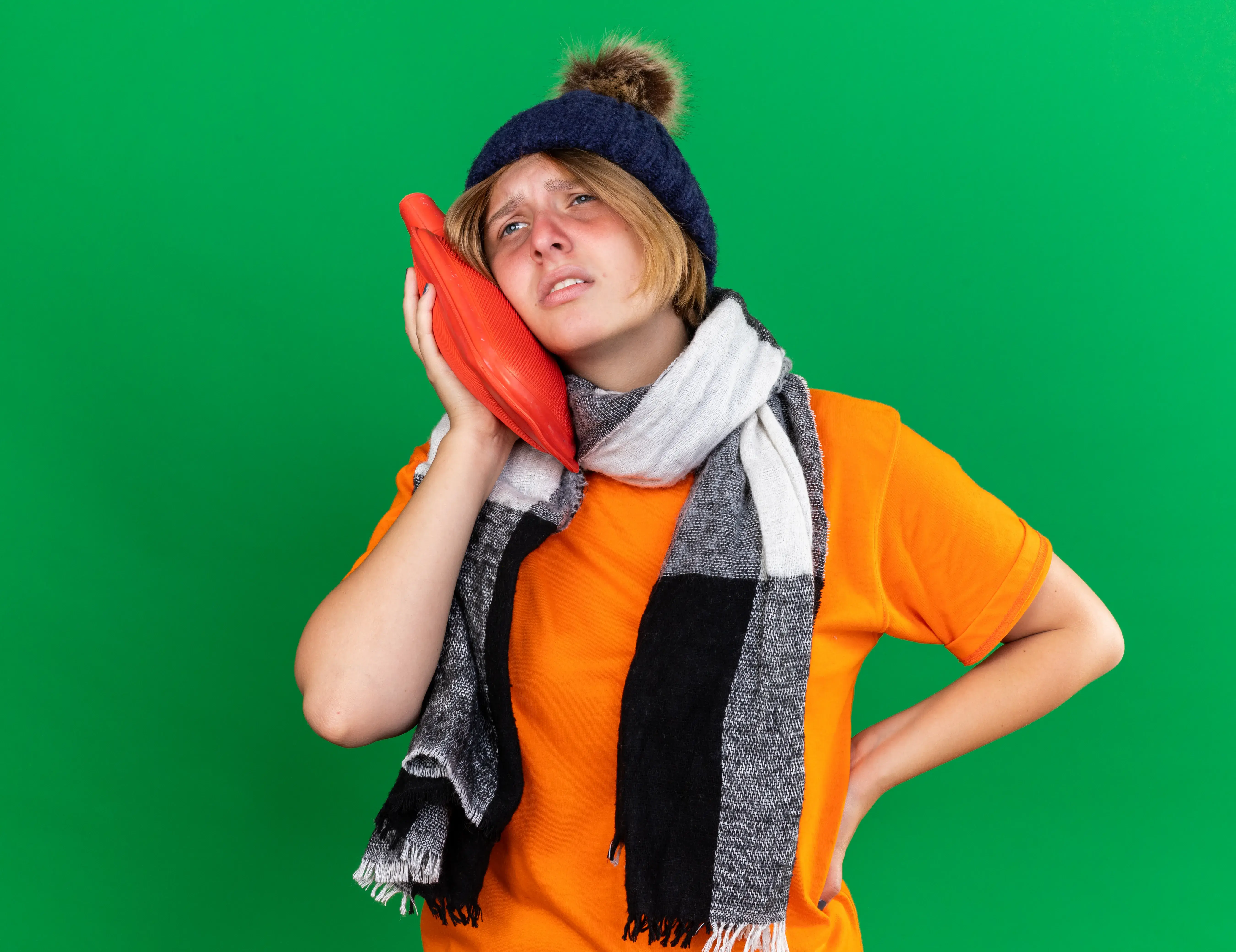
Heating can help relieve the pain in sore muscles. Heating can help the sore muscles expand and provide the comfort that the body needs. These can be accompanied by losing the fluid that has been trapped in the powers of the body.
What to use - You can use a heating pad to relieve muscle soreness. These muscles can be reduced by the heat that is provided by the heating pad.
How to apply - Place the heating pad at sight or where the soreness is present. The heating pads can be placed at sight for 10 -15 minutes, and keep changing the heating pad's position.
6. Use anti-inflammatory medications-
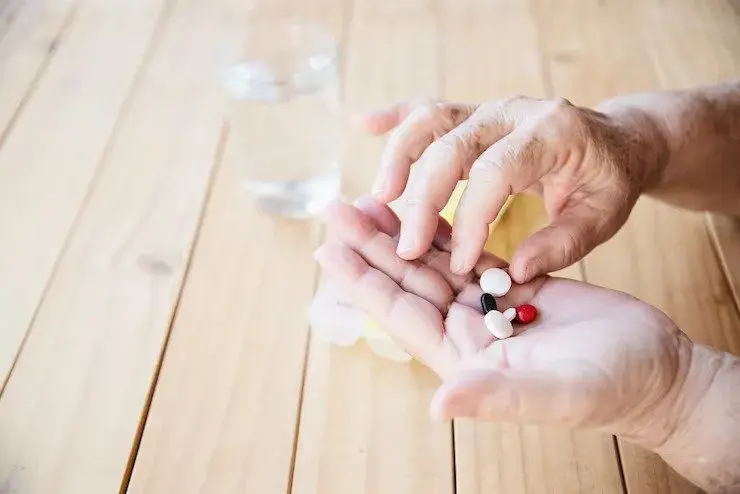
Sometimes you may require some extra help from the doctor. If you cannot deal with the muscles' soreness, you should contact a doctor and ask them to prescribe some anti-inflammatory drugs. These drugs can help deal with swelling and pain. You can also take some analgesics for the same function. These medications are fast and effective and can provide quick results.
When to see a doctor?
There can be a need to see the doctor if the condition of the leg is so much worse that you feel that you cannot handle it and cannot relieve sore muscles after a workout with the tips mentioned above. You should immediately reach the hospital if the sore has turned red and there is severe pain and visible veins in the sore.
Conclusion-
Muscle soreness can be painful and irritating. Hopefully, this blog has answered "how to relieve sore muscles after workout." Though these options can vary as per your need, we suggest you contact a doctor if you need help. Here for quick relief, you can hydrate and sleep better, eat healthy food, and deal with muscle soreness. You can also use foam rollers and a heating pad to relieve extensive soreness in your muscles. Do not take any medication for muscle soreness without consulting with the doctor. Be careful while performing exercises if you have redness in the muscles.
Also Read: 5 Natural Remedies for Muscle Soreness
Frequently Asked Questions
Do sore muscles mean growth?
Sore muscles are related to muscle damage which can promote that it is not required for muscle growth. Therefore, unless you want your muscle to become sore, it will be best not to consider it a growth factor.
Should one work out if they are sore after two days?
Working out when you have sore muscles can affect your movements, so it will be best to compensate and safely do something. Muscle soreness can be determined by exercising, but it will be temporary, and the more muscles, the less soreness you should feel.
Why is it okay to apply some heat to my sore muscles?
It will be best to apply heat or put a heating pad on the area of the body with sore muscles. This can be best to deal with the soreness and redness of the muscles. Heat can help expand the muscles and release the water retention that the muscles are holding.
How long will sore muscles last?
Sore muscles can last longer than five days or can be there for only two days. These muscles can stop arching in a few days. If not, then you should get in touch with a doctor.
Should one work out if their muscles are still sore?
If your muscles are sore, you can rest for three to four days, and another option can be to alternate your workouts to avoid overusing specific muscle groups. One can work out if they have sore muscles, but it will result in slower growth progressions.
What helps sore muscles after workout?
Engage in post-workout activities like foam rolling, massage, and proper hydration to alleviate sore muscles after a workout.

Reviewed by





